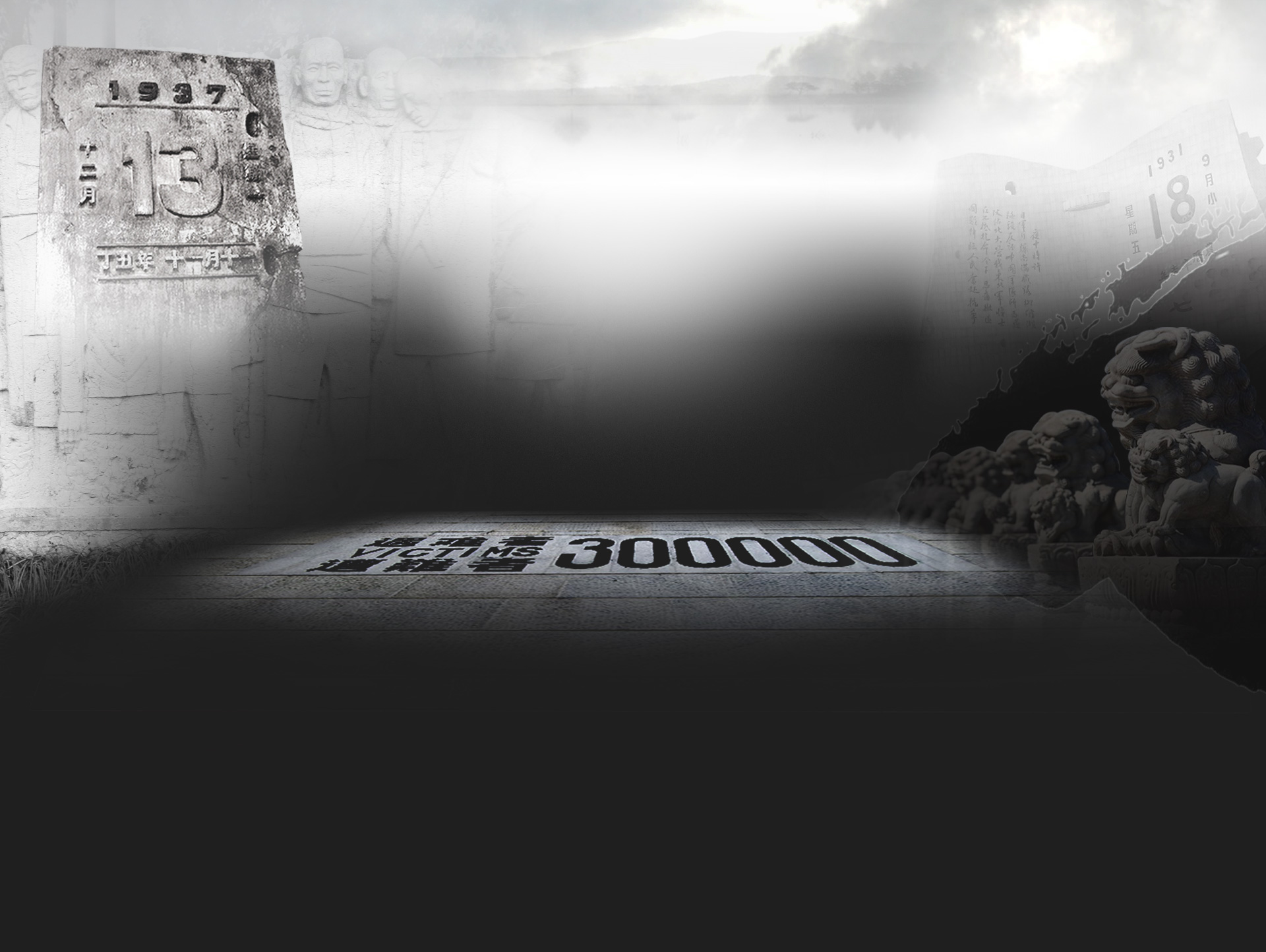by Xinhua Writer Zhang Jianhua
LONDON, Dec. 12 (Xinhua) -- "Yasukuni," an award-winning documentary about a controversial war shrine in Japan, held its British premiere in London Friday on the eve of China's first national memorial day for the victims of the Nanjing Massacre.
The Nanjing Massacre (Nanking Massacre) was started from Dec. 13, 1937, the day that Japanese troops took hold of the Chinese capital at that time. During the six weeks that followed, the Japanese invaders killed about 300,000 unarmed people.
The two-hour documentary, directed by Chinese-born director Li Ying, aims to probe the controversy around Japan's Yasukuni Shrine, which honors Japan's war dead, including 14 convicted Class-A war criminals in WWII.
The Yasukuni Shrine is a big issue in Japan's political relations with its neighbors.
Describing his film as one exploring "war and peace," Li said he hoped the documentary could spark discussion in Japan about the Yasukuni Shrine and Japan's role in WWII so that people will challenge nationalism and reflect on the tragedy of war.
Li, born in China in 1963, attended Sun Yat-sen University and worked as a documentary director before moving to Japan in 1989 to study cinema.
Having lived in Japan for more than 20 years, Li said he wanted his film to help cure what he described as Japan's post-war "syndrome."
"It is a sickness -- this ambiguity toward the people responsible for the war. I hope my film can help cure this syndrome. I think it will be good for the health of the Japanese nation," he said.
Li spent nearly 10 years in making the film, which sought to present a powerful study of the shrine that has served as Japanese emperors' altar for wars and Shinto's so-called "sacred grounds" since the Meiji period.
The documentary was partly based on his extensive interviews with 90-year-old Naoji Kariya, the last living swordsmith at the Yasukuni Shrine, which portrayed Japan's nationalists, right-wing politicians, xenophobes as well as soul-searching opponents of the shrine.
Charles Shaar Murray, a British author and broadcaster, said he was already aware of Japanese crimes in the Nanjing Massacre and elsewhere before watching the documentary in London with around 200 filmgoers on Friday.
"The Japanese level of denial and official denial concerning what happened in WWII ... I didn't quite understand the depth of that," he told Xinhua after seeing the film.
The film debuted in Japan in 2008. It had been screened at the Pusan International Film Festival in 2007, the World Cinema Documentary Competition of Sundance Film Festival and Berlin Film Festival in 2008, and won a best documentary award at the Hong Kong International Film Festival in 2008.
It is scheduled to be screened in London, Manchester, Newcastle, Edinburgh, Leeds, and Glasgow till Jan. 9, 2015. Enditem
